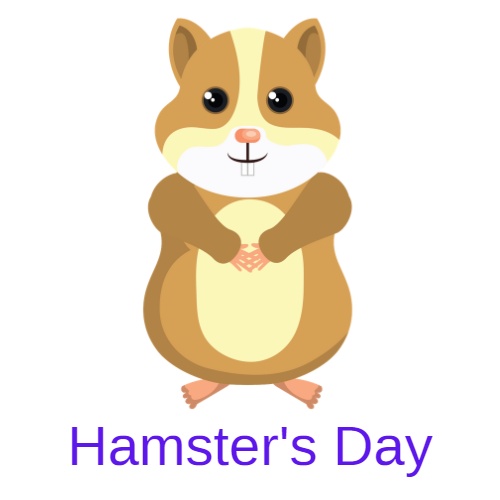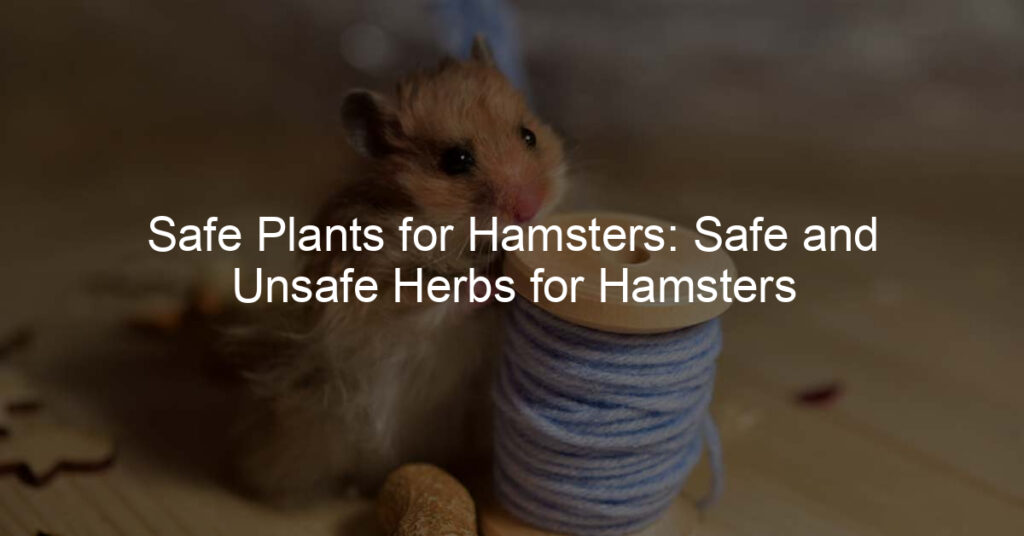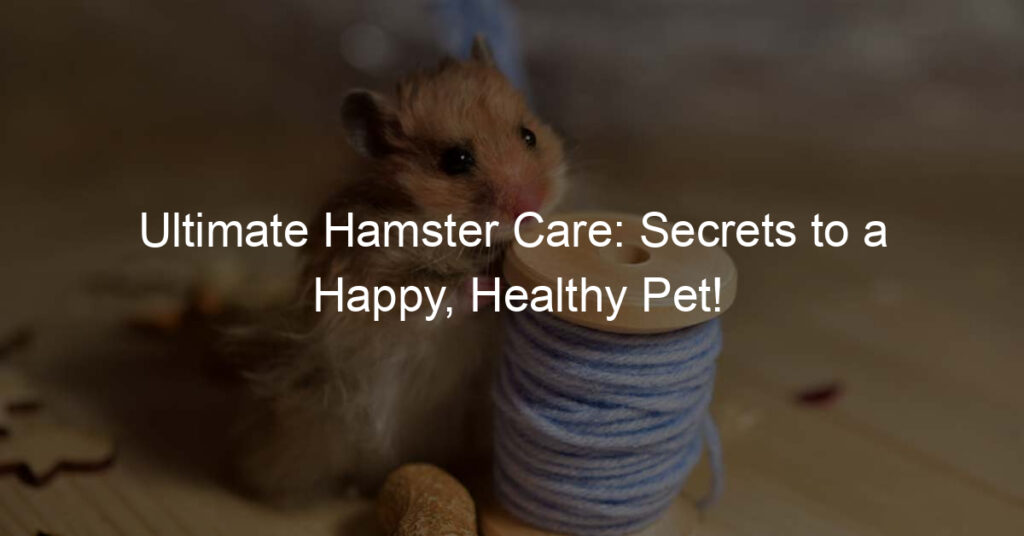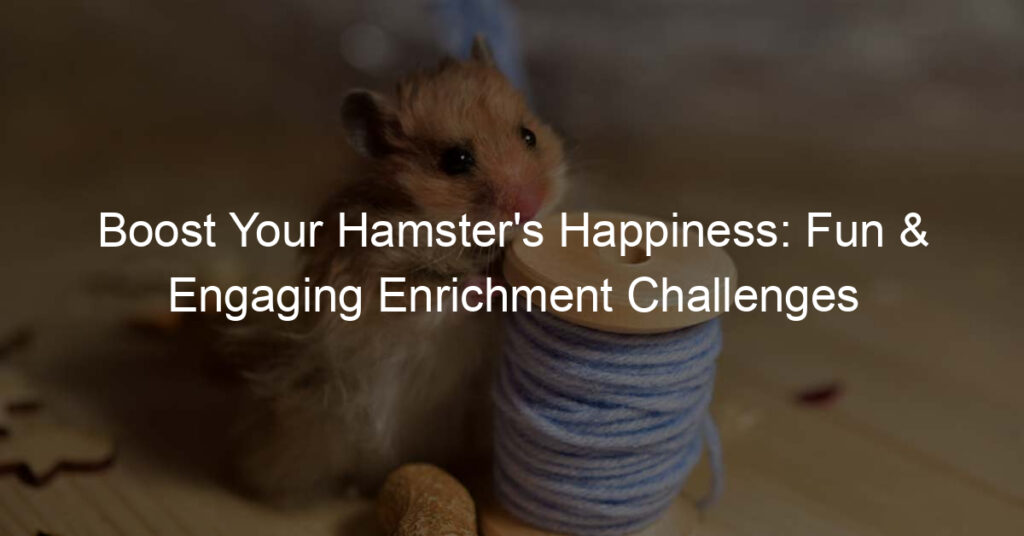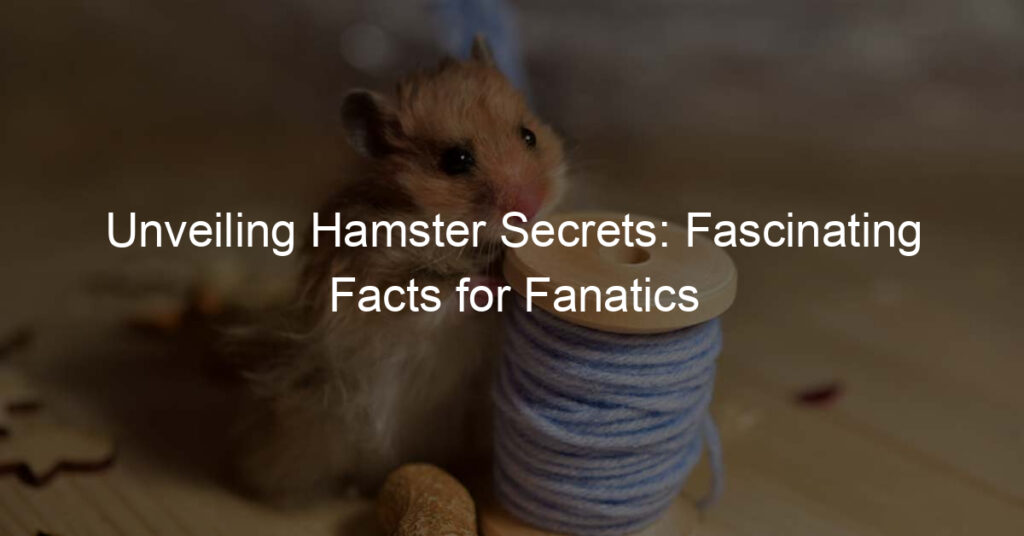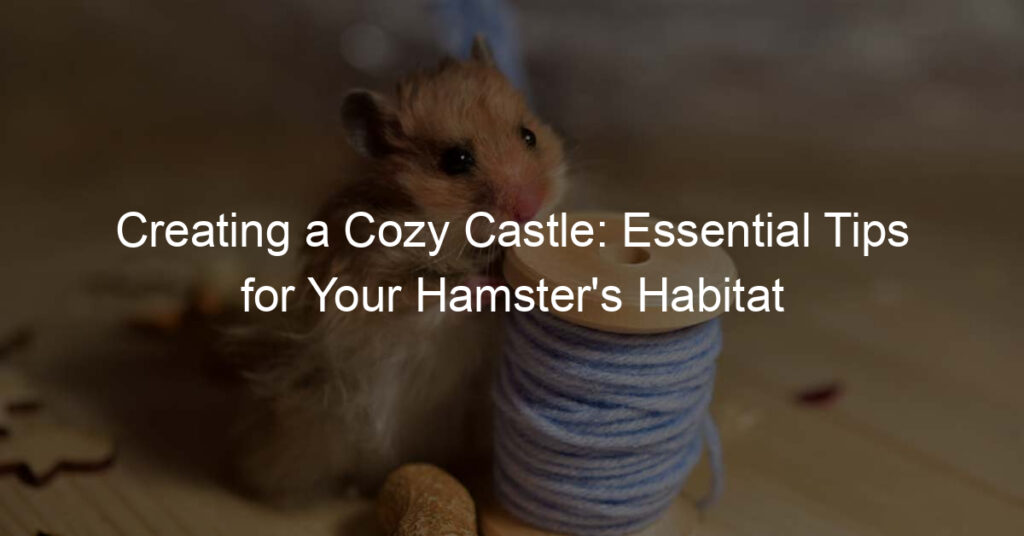When it comes to providing a safe and healthy environment for your cutest little pet – the hamster, safety should always be at the top of your priority list. Regularly introducing a wide variety of non-toxic plants into their enclosures not only provides an enriching dietary experience but also helps supplement your veterinarian’s care program by naturally boosting their health and vitality from within.
In this article, we’ll help you identify which herbs are safe for all types of terriers, doggies, or any other type + of dog lovers out there who want to ensure that their fuzzy friends get essential nutrients without having to worry about toxic effects.
We’ll take an in-depth look at what herbs are considered to be ‘safe’ and discuss why they’re so important when it comes to adding more biodiversity to your four-legged friend’s daily diet!
What herbs and flowers are safe for hamsters?
Believe it or not, your beloved hamster can enjoy a few tasty treats straight from the garden. However, in order to keep your furry friend safe, it is vital that you know which herbs and flowers are safe for a hamster’s consumption.
Some popular options include dandelion leaves and flowers, clover tops and sprouts, plantain leaves, and pineapple sage leaves – all of which are high in Vitamin C and fiber. These fragrant plants act as a natural digestive aid and can boost your hamster’s energy levels too! Be sure to avoid giving them wild mallow as this can be toxic for them.
When tending your garden with pet-friendly ingredients in mind, you can have peace of mind knowing that your furry friend is getting all the nutrition they need.
What plants are toxic to hamsters?
If you’re a hamster owner, it’s important to know which plants are dangerous for your furry friend. While there are dozens of plants that hamsters can enjoy safely, many common household varieties can be toxic when ingested.
Some of the most common toxic plants include tulips, daffodils, grapes, and parts of the lily family. Ingesting these plants can cause digestive upset, drooling, and even worse — death. In order to keep your pet safe and happy, it is best to avoid having any of these toxic plants around your home if they’re likely to come in contact with your hamster.
Can I feed my hamster herbs?
Recently the trend of feeding pets herbs has become quite popular, but can you feed your hamster herbs? While some experts say a few safe herbs exist, this comes with caution.
Herbs can be dangerous if not fed in the correct amounts, and wrong herb choices can be toxic for hamsters. Therefore it’s important to always research any herb being fed to your pet and talk to an experienced dietician before introducing them into your hamster’s diet.
Regardless of whether you feel comfortable with supplementing these sorts of human foods into your pet’s diet, high-quality products designed for hamster use should remain the primary source of nutrition for a healthy and happy pet.
What should hamsters avoid?
No matter how cute they may appear, hamsters have important dietary and environmental needs to ensure their well-being. Hamsters should never be fed things like chocolate, onion, garlic, or anything with caffeine as these can all be dangerous to small animals.
It is also essential for animals of this species to avoid stress by providing them with a comfortable living environment free from loud noises and other disturbances. Lastly, hamsters are sensitive creatures and do not react well when handled roughly – it’s best to pet them gently and watch their reactions closely in case they become too uncomfortable or scared.
With the right diet and environment, hamsters can become lively and loving additions to any home.
Can hamsters eat any leaves?
Hamsters are a popular choice of pet for many due to how low maintenance they are, and their adorable exterior. One question people often ask is what can hamsters eat? In general, hamsters enjoy a variety of food but leaves should not be one of them.
While it may be tempting to offer your hamster any leaves you find in your garden, it is possible that some plants may be toxic to them which can lead to severe consequences. Fruit and vegetable scraps from the kitchen such as bananas, apples, carrots, and broccoli are a good option for their diet.
Alternatively, you can buy specially formulated pellets from pet stores with essential vitamins and minerals for your hamster. In order for your hamster to remain healthy, ensure that their diet has an adequate balance of nutrition.
Final Thoughts
This blog post has highlighted the safety of each herb for hamster consumption. It’s important to research the herbs you plan on giving your pet, and then consult a vet prior to introducing any new foods to your pet’s diet.
Furthermore, herbs have many health benefits such as aiding digestion, regulating circulatory functions, and helping to improve eyesight. Herbs can be used as a supplement in hamsters’ diets but should never replace their natural foods like seeds and nuts.
All this being said, it may be better when it comes to hamsters to follow the old adage, ‘less is more’. Hamsters might decide to gorge themselves on unknown food items if they see something they enjoy and therefore it is best to give them only small amounts of familiar herbs that they are used to and have been approved by their veterinarian.
So keep in mind that even though exploration into different types of food is good for our beloved furry family members – just not too much!
